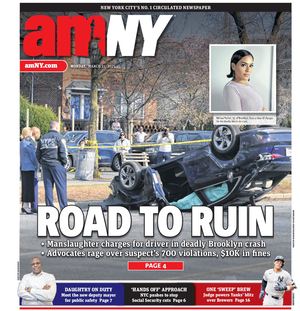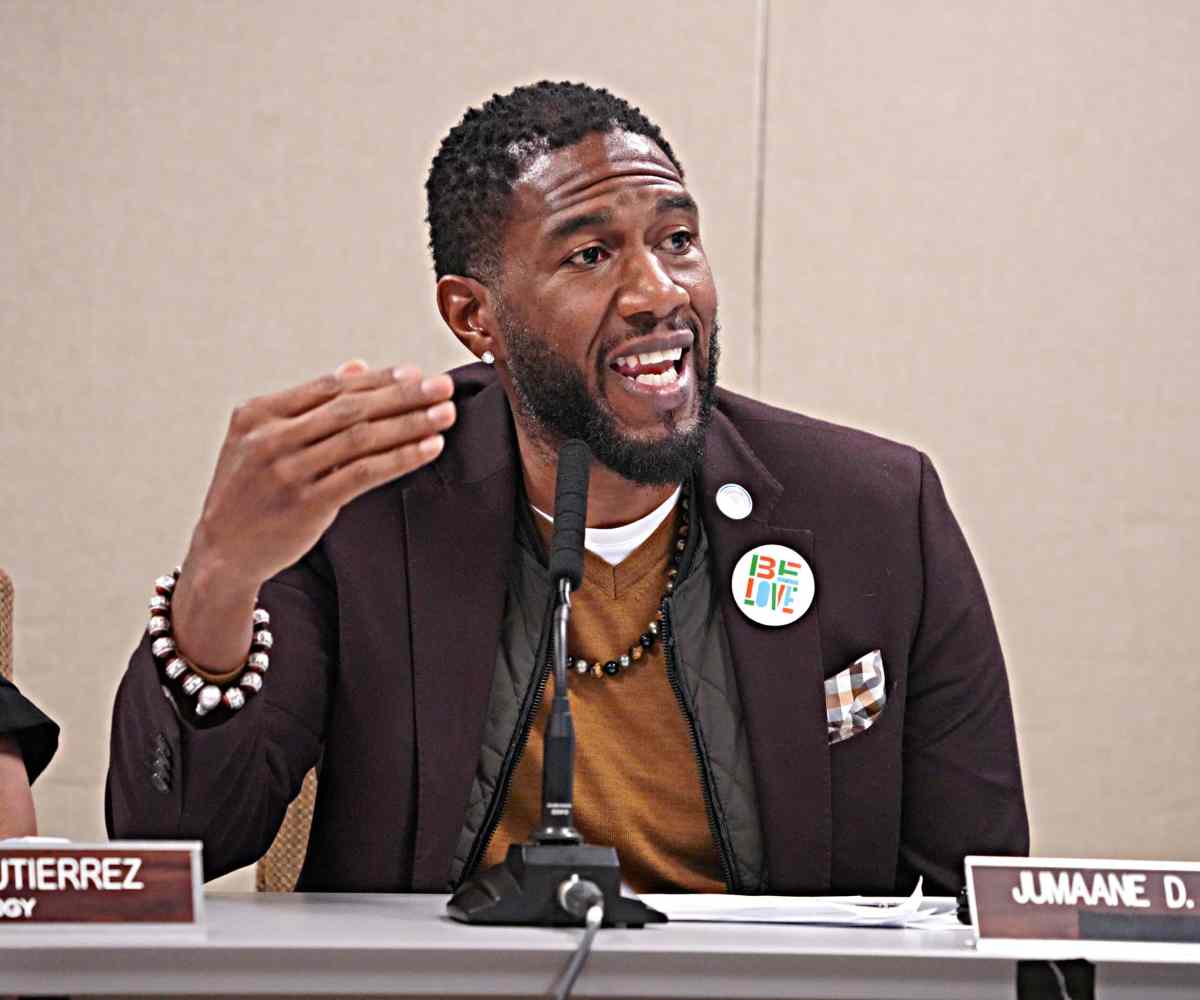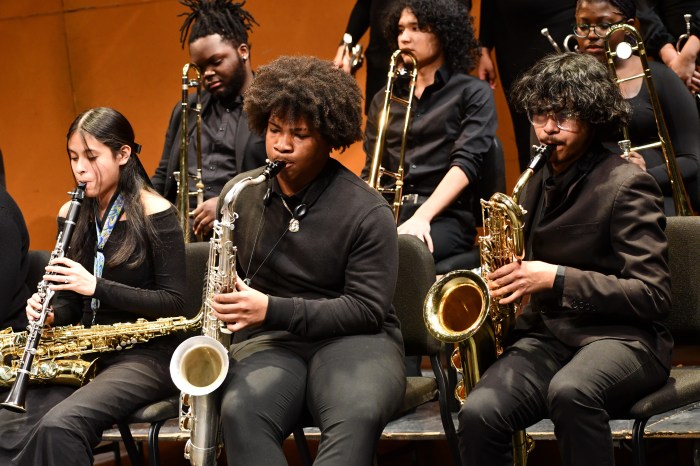City lawmakers and Public Advocate Jumaane Williams are taking Mayor Eric Adams’ administration to court over Hizzoner’s emergency executive orders suspending parts of a law banning solitary confinement in the city’s jails.
The move marks the latest escalation in tensions between the mayor and the City Council.
The suit, which the City Council and Williams announced Monday, was filed this morning in state Supreme Court in Manhattan. It seeks to halt the mayor’s July 27 emergency actions, which declared a state of emergency in the city’s jails due to the imminent implementation date of the solitary confinement ban and suspended parts of the new law.
The plaintiffs contend that Adams unlawfully used his executive powers by declaring an emergency simply based on the implementation date of a law passed by the council over his veto.
City Council Speaker Adrienne Adams, in a statement, called the mayor’s use of emergency action to halt the law an “unlawful and
“The City Council overrode the mayor’s veto to ban solitary confinement in city jails because its use has been proven to cause physical, psychological, and emotional harm and makes our city and jails less safe,” the speaker said. “Mayor Adams’ decision to exceed his legal authority, simply because he was overruled, undermines the foundation of our democrac
The council first passed the solitary ban late last year and subsequently overrode Mayor Adams’ veto earlier this year. They argue the legislation outlaws a practice—holding detainees in isolation for extended periods of time—that is widely seen as inhumane. Mayor Adams contends the city already does not use solitary, and the Council’s bill makes the jails less safe.
Mayoral spokesperson Amaris Cockfield, in a statement, insisted that the city has not used solitary confinement since 2019.
“To continue to protect public health and safety in Department of Correction jails, the mayor issued a narrowly-tailored executive order focused on reducing violence in our jails,” she said. “We will review the suit if and when it is filed.”
Specifically, the mayor’s emergency actions paused a four-hour time limit for holding detainees in “de-escalation confinement” if they pose a danger to themselves or others and a limit on the use of restraints on detainees when they are being transported.
At the time Adams issued the orders, he contended they were designed to address safety concerns raised by the federal monitor — Steve Martin — overseeing violence at the Rikers Island jails. He also insisted the orders would just be in place for 30 days, giving his administration time to come up with another solution.
Yet, since Adams initially issued the emergency declaration and executive actions, he has renewed them every 30 days.
Williams, the legislation’s prime sponsor, said the mayor cannot “just ignore the laws he doesn’t like.” The public advocate also took aim at Adams’ recent positive statements toward President-elect Donald Trump, which many speculate is a ploy to get relief from his federal indictment.
“Despite his desperate power grabs, this mayor can’t just ignore the laws he doesn’t like,” Williams said. “I am proud to partner with the Speaker to ensure that the mayor can’t continue abusing the declaration of a ‘state of emergency’ to preserve his ego or political goals. We can’t simply pardon or excuse this mayor’s attempt to emulate the worst impulses of Donald Trump at the expense of New Yorkers, and I urge the court to end his false emergency so we can address the real crisis.”
At its core, the filing charges that the mayor’s emergency powers can only be used in the face of “disaster, rioting, catastrophe, or similar public emergency,” and that his orders did not meet that threshold.
“When Mayor Adams declared a state of emergency and suspended Local Law 42, he identified no imminent emergency that required a swift, unilateral response,” the filing reads. “Because this core threshold requirement of the Executive Law has not been met, the mayor’s declaration of emergency and accompanying suspension of Local Law 42 are illegal and invalid.”
The suit further argues that allowing Adams’ executive orders to stand sets a “dangerous precedent” of allowing a mayor to suspend duly enacted laws just because they do not agree with them.
“No other mayor in the city’s history has ever used these emergency powers as an end-run around a local law, and a finding otherwise—that the Mayor can override a super-majority of Council members—would set a dangerous precedent,” the filing reads. “The mayor cannot disregard a local law just because he disagrees with the Council’s well-deliberated policy choices.”




































